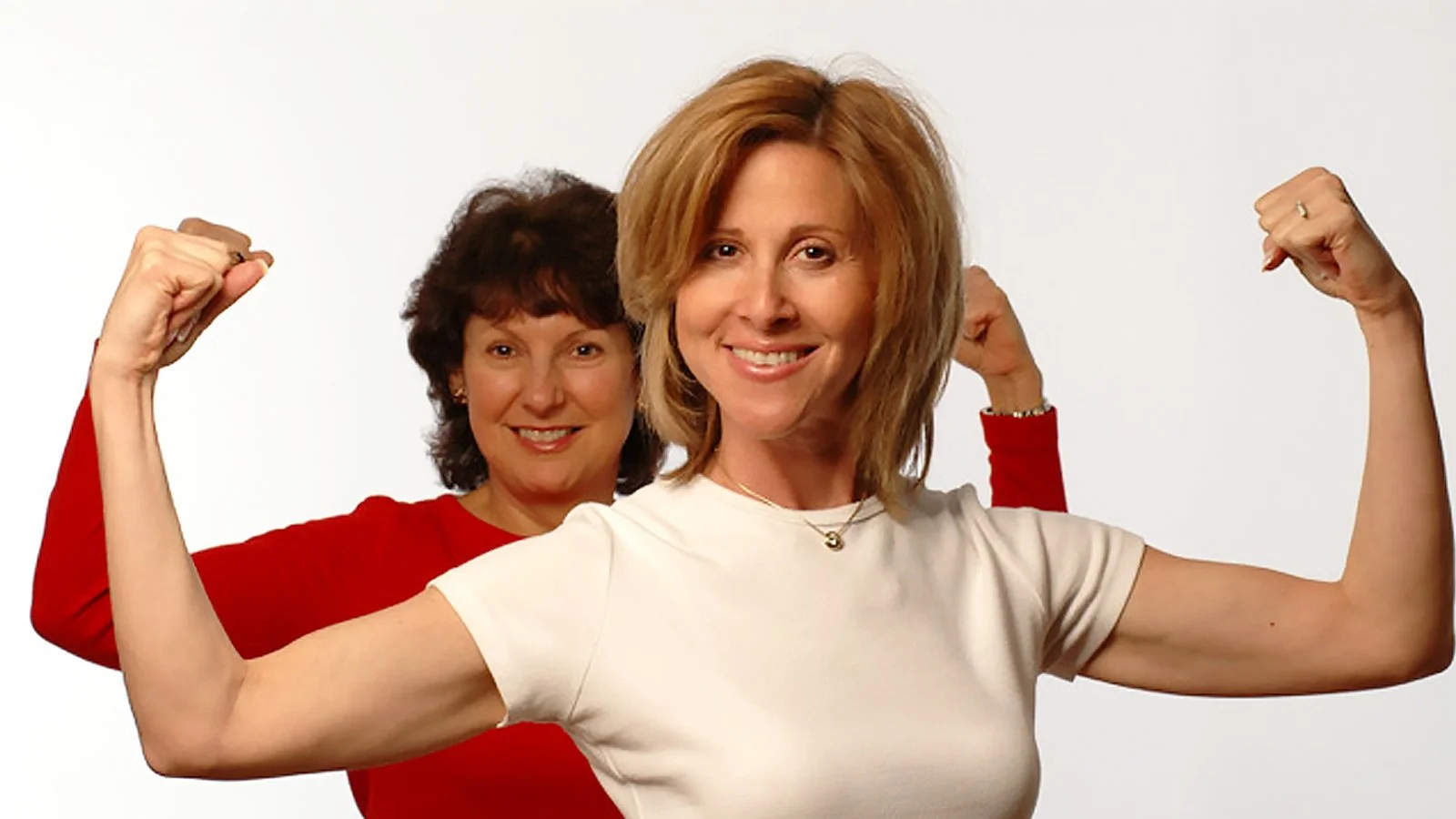Effective Strategies for Rebuilding and Maintaining Bone Density
By Katy Walker
Maintaining strong bones is essential for overall health, especially as we age, as bone density naturally decreases over time, leading to conditions like osteoporosis, which makes bones more fragile and prone to fractures. However, there are several ways to rebuild and improve bone density, even later in life. By incorporating specific lifestyle changes, exercises, and dietary adjustments, you can strengthen your bones and reduce the risk of bone-related conditions. One of the most effective ways to rebuild bone density is through weight-bearing and resistance exercises. Weight-bearing exercises, such as walking, running, hiking, and dancing, help stimulate bone growth by forcing the bones to support your body weight. Resistance training, which includes activities like weightlifting or bodyweight exercises (such as squats and push-ups), is also beneficial for building bone strength. These exercises create mechanical stress on the bones, prompting them to become denser and stronger in response.
In addition to physical activity, a balanced and nutritious diet plays a crucial role in bone health. The body requires certain nutrients to rebuild bone tissue and maintain bone density. Calcium is the most important mineral for bone strength. Dairy products like milk, cheese, and yogurt are rich in calcium, but if you are lactose intolerant or prefer non-dairy options, leafy green vegetables, fortified plant-based milks, and tofu are excellent alternatives. Vitamin D is equally important as it helps the body absorb calcium. Exposure to sunlight is the best natural source of vitamin D, but it can also be found in foods such as fatty fish, egg yolks, and fortified cereals. Magnesium and vitamin K2 are also essential for bone health, found in foods like nuts, seeds, leafy greens, and certain fermented foods. Limiting or avoiding alcohol and smoking is another important aspect of maintaining and rebuilding bone density. Both smoking and excessive alcohol consumption negatively affect bone health. Smoking decreases the body's ability to absorb calcium and interferes with the production of bone-forming cells, while excessive alcohol intake inhibits the absorption of important nutrients and hormones required for bone maintenance. Reducing or eliminating these habits can significantly improve bone health.
Maintaining a healthy body weight is also critical for bone strength. Being underweight increases the risk of bone loss, while being overweight can put excess strain on bones and joints. Aim for a balanced weight through a combination of healthy eating and regular exercise. If you're unsure about your weight and bone health, consulting with a healthcare provider or nutritionist can help create a personalized plan that supports bone density. In some cases, a healthcare provider may recommend supplements to help rebuild bone density. Calcium and vitamin D supplements are commonly prescribed if dietary intake is insufficient. However, it’s important to consult a doctor before starting any supplementation, as overuse of certain supplements can lead to adverse effects. Stress management is another factor that can influence bone health. Chronic stress increases cortisol, a hormone that, when elevated for extended periods, can contribute to bone loss. Finding healthy ways to manage stress, such as through meditation, yoga, deep breathing exercises, or even simple leisure activities, can help reduce the negative impact on bone density. Finally, regular bone density testing, particularly for individuals at higher risk of osteoporosis, can help monitor progress and detect early signs of bone loss. These tests can help guide treatment options and ensure that steps taken to rebuild bone density are effective.
Rebuilding bone density requires a multifaceted approach involving physical activity, proper nutrition, healthy habits, and stress management. By staying active, eating a bone-healthy diet, avoiding harmful habits, and consulting healthcare professionals, you can work towards strengthening your bones and improving your overall bone health, ensuring better quality of life as you age.
Katy Walker is Fitness Supervisor, Township of Upper St. Clair.

